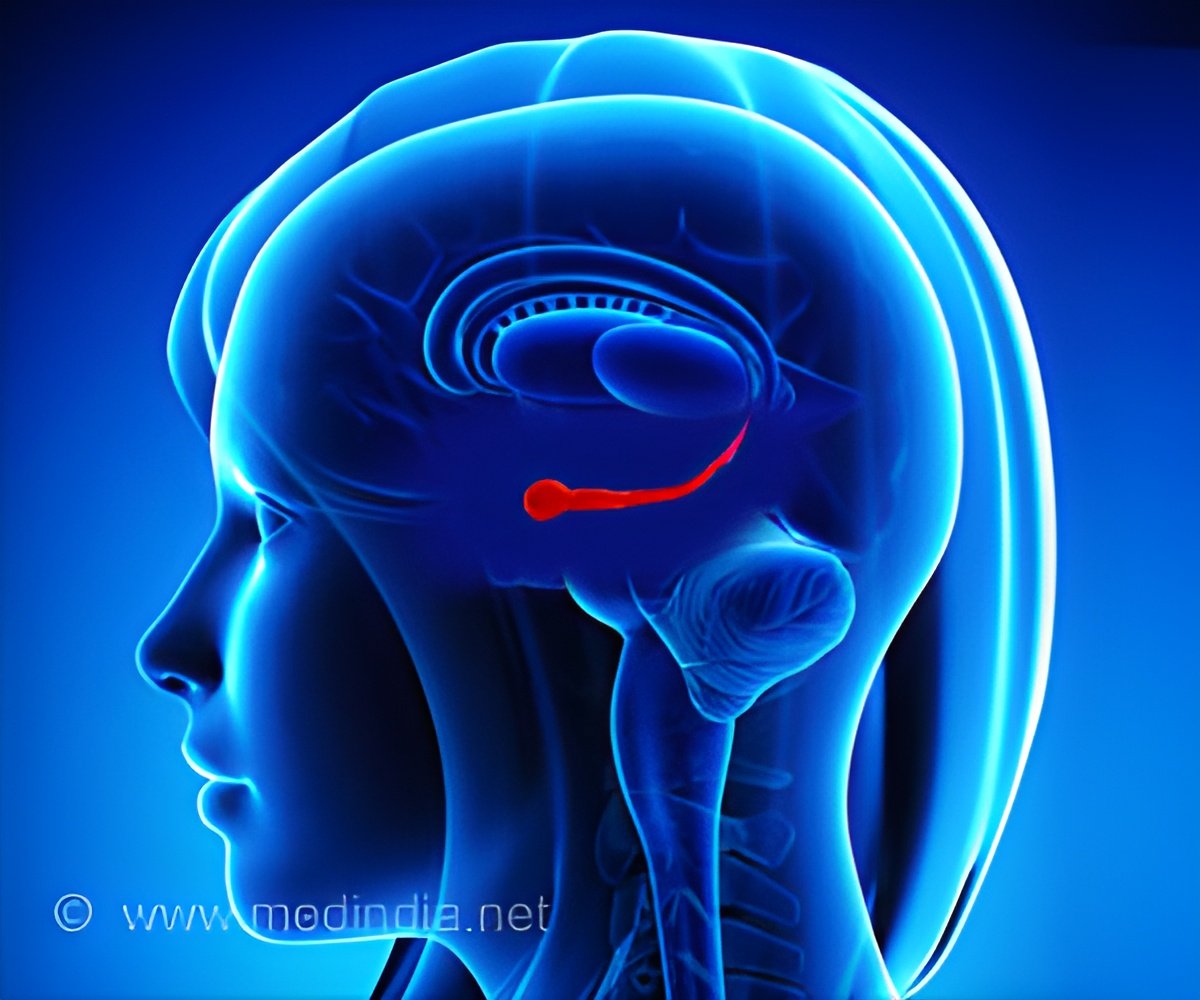The inability to remember was long believed to represent a failure of the brain's mechanisms for storing and retrieving information,according to neuroscientists.

‘The interaction between remembering and forgetting in the human brain allows us to make more intelligent memory-based decisions.’





"It's important that the brain forgets irrelevant details and instead focuses on the stuff that's going to help make decisions in the real world," says Richards.The review paper, published this week in the journal Neuron, looks at the literature on remembering, known as persistence, and the newer body of research on forgetting, or transience. The recent increase in research into the brain mechanisms that promote forgetting is revealing that forgetting is just as important a component of our memory system as remembering.
"We find plenty of evidence from recent research that there are mechanisms that promote memory loss, and that these are distinct from those involved in storing information," says Frankland.
One of these mechanisms is the weakening or elimination of synaptic connections between neurons in which memories are encoded. Another mechanism, supported by evidence from Frankland's own lab, is the generation of new neurons from stem cells. As new neurons integrate into the hippocampus, the new connections remodel hippocampal circuits and overwrite memories stored in those circuits, making them harder to access. This may explain why children, whose hippocampi are producing more new neurons, forget so much information.
It may seem counterintuitive that the brain would expend so much energy creating new neurons at the detriment of memory. Richards, whose research applies artificial intelligence (AI) theories to understanding the brain, looked to principles of learning from AI for answers.
Advertisement
"If you're trying to navigate the world and your brain is constantly bringing up multiple conflicting memories, that makes it harder for you to make an informed decision," says Richards.
Advertisement
Memories in the brain work in a similar way. When we only remember the gist of an encounter as opposed to every detail, this controlled forgetting of insignificant details creates simple memories which are more effective at predicting new experiences.
Ultimately, these mechanisms are cued by the environment we are in. A constantly changing environment may require that we remember less. For example, a cashier who meets many new people every day will only remember the names of her customers for a short period of time, whereas a designer that meets with her clients regularly will retain that information longer.
"One of the things that distinguishes an environment where you're going to want to remember stuff versus an environment where you want to forget stuff is this question of how consistent the environment is and how likely things are to come back into your life, " says Richards.
Similarly, research shows that episodic memories of things that happen to us are forgotten more quickly than general knowledge that we access on a daily basis, supporting the old adage that if you don't use it, you lose it. But in the context of making better memory-based decisions, you may be better off for it.
Source-Eurekalert









